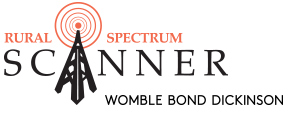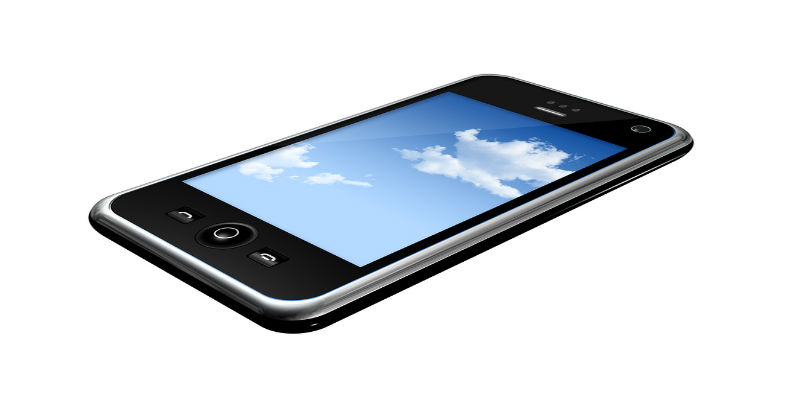In late December, the Federal Communications Commission’s Rural Broadband Auctions Task Force (Task Force), in conjunction with the Wireline Competition Bureau and the Wireless Telecommunications Bureau (Bureaus), released a Public Notice with further requirements for the handsets that mobile wireless providers in the Mobility Fund Phase II (MF-II) challenge process must designate for challengers to use when conducting speed tests in areas deemed presumptively ineligible for MF-II support. As part of the new, one-time data collection, each mobile wireless provider with qualified 4G LTE coverage is required to identify at least three readily-available handset models appropriate for testing its coverage, at least one of which must be compatible with industry-standard drive test software. In addition, the Commission will require each provider to identify in its filing at least one device that is either: (a) officially supported by the latest versions of industry-standard drive test software, such as JDSU, ZK-SAM, Rohde & Schwartz, or TEMS; or (b) engineering-capable and able to be unlocked and put into diagnostic mode to interface with drive test software. Further, at least one of the three specified devices must run the Android operating system.
Pursuant to the Public Notice, parties may file the handset information with their January 4, 2018 filings, or they may elect to supplement those filings with that handset information no later than thirty days following the publication of this Public Notice in the Federal Register. On January 3, the Public Notice was published in the Federal Register. If parties do not file their handset information on January 4, the supplemental handset information is due February 2, 2018








